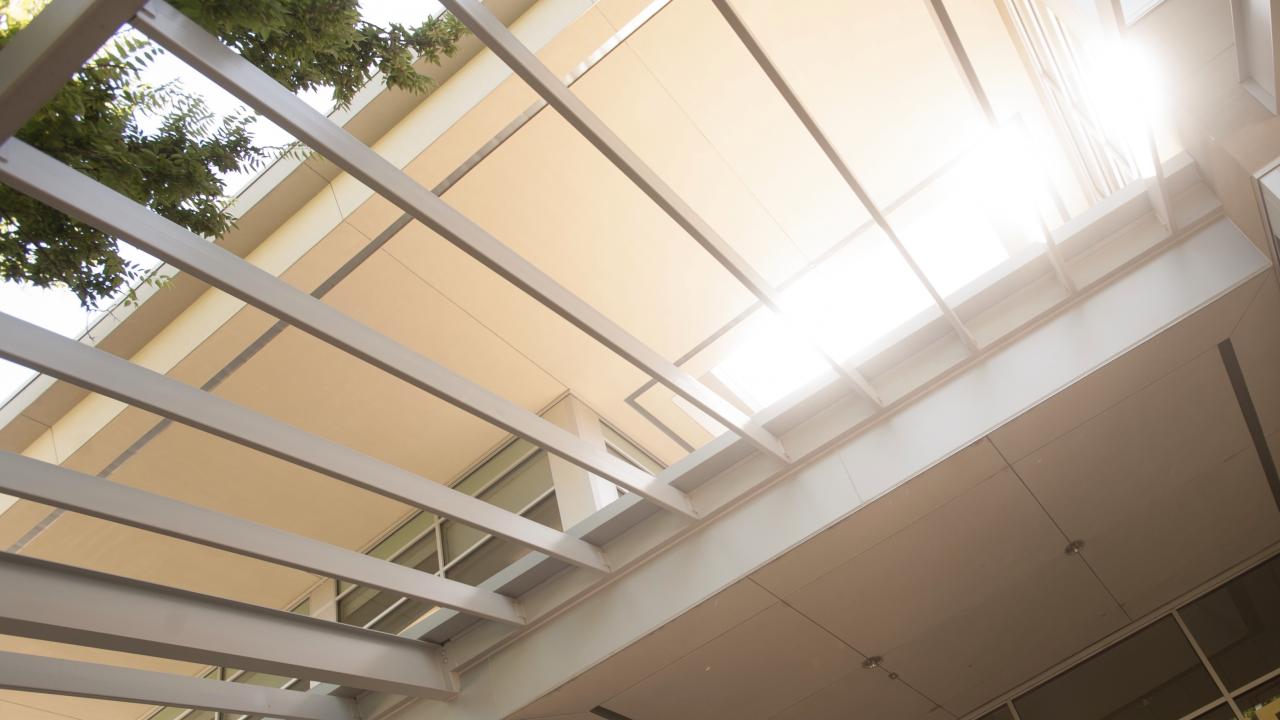
Global Affairs Q&A Related to Novel Coronavirus (COVID-19)
Originally posted on March 6, 2020, last updated on January 20, 2022
Skip to:
- Global Teaching and Learning Resources
- Answers for Faculty and Staff Travelers
- Answers for Faculty Researchers
- Answers for International Students and Scholars
- Answers for Study Abroad and Global Learning Students and Faculty
- Information on Delegation Visits and More
- International Center Information
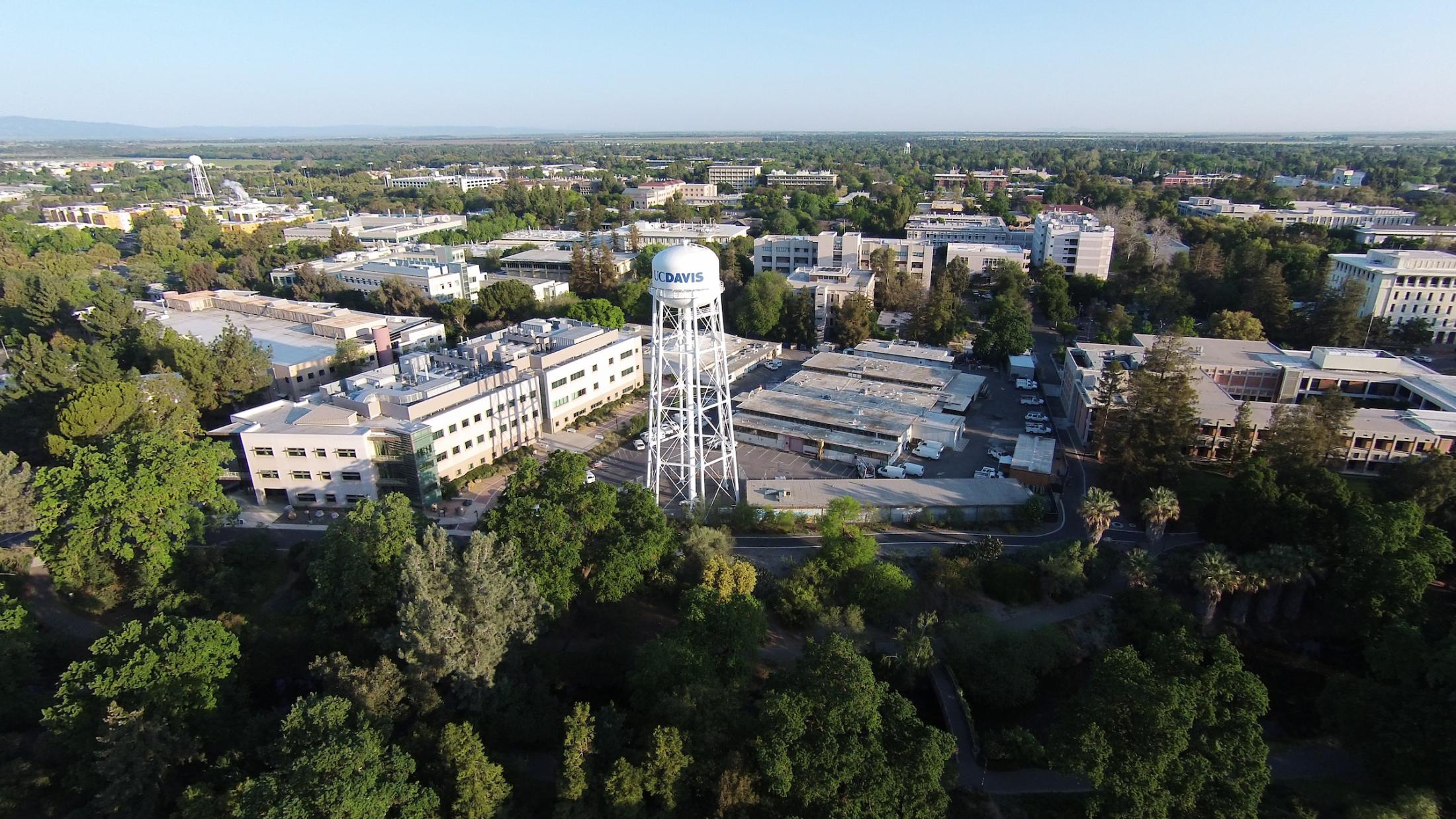
Find Answers to Your Questions about COVID-19 on the UC Davis Campus Ready Website
From testing and boosters to masking and flexible work requirements, Campus Ready has information and resources for UC Davis students and families, academics and staff, and campus visitors.
For Global Teaching and Learning Resources
How can I still engage globally given all the changes related to COVID-19?
As we address the impact of COVID-19, we acknowledge that though we may be temporarily restricted in our location, it is still critically important that our teaching and learning includes global and intercultural experiences—and that we continue to expand avenues such as online course content or virtual international collaborations. As faculty and students look to strengthen global and international collaborations, Global Affairs has gathered a set of resources to help faculty connect with others around the world and support students in becoming global thinkers and learners.
Global Teaching and Learning Resources for Students, Faculty, and Staff
For UC Davis Faculty and Staff Travelers
Where can I find information on testing and international travel requirements?
For international travelers, it is important to understand which test is required for entry to the country you are traveling. Specific guidance for travelers on entry requirements can be found on the U.S. State Departments website.
Currently, UC Davis is performing COVID-19 testing on campus and your results are then available via the Student Health e-Messaging portal. At this time the UC Davis and Healthy Davis Together’s saliva test are RT-PCR, but are not FDA approved. Because of this, they will not work for travel and entry requirements.
There are several options for travelers to get the testing they need before travel. For UC Davis employees traveling on business, we recommend making an appointment with the Travel Medicine Clinic before you travel. Student travelers are advised to contact Student Health and Counseling before you travel. All other travelers and travelers making personal trips should consult their primary care doctor to help set up a COVID test before travel.
Travelers can use this resource to find testing sites near them. Travelers should confirm with their chosen testing facility to make an appointment in time for them to travel and to ensure results meet entry and travel requirements. Additionally, some international airports such as SFO offer testing on-site before you travel (see SFO COVID-19 Testing). Specific guidance for travelers on entry requirements can be found on the U.S. State Department website.
What should I consider before purchasing travel insurance for international travel?
There are three types of insurance for international travel: your personal health insurance, trip insurance, and travel insurance.
With COVID-19 still impacting a large number of countries and health concerns being the most common incident, travelers should consider what their personal health insurance covers when traveling. First, you can call your insurance benefits services and confirm if your insurance provides international coverage as not all plans will cover medical incidents out of the country. Secondly, you should research the destinations to which you’re traveling to ensure they accept your insurance or require upfront payments for medical care.
Trip insurance is purchased for flights or long hotel stays. This insurance covers the traveler if there is an illness or natural disaster that delays their trip. This allows the traveler to get a refund or move their travel dates without penalties. With travel restrictions and new requirements changing rapidly due to COVID-19, UC Davis recommends that all trips, both personal and on university business, have some sort of trip insurance or refund policy, with the company the trip is booked with, that allows the travel to adapt to changes in the travel environment.
Travel insurance is a more robust insurance policy than both the trip insurance and personal health insurance. This insurance often covers emergency evacuations, accident or medical care, passport and other document replacement, trip delay reimbursement, personal property loss, and other benefits. For travelers who are traveling on university business, you are automatically enrolled in this insurance policy when you register your trip. Travelers on personal trips can purchase travel insurance through multiple groups and insurance companies. UC Davis offers UC Davis personnel the opportunity to purchase insurance coverage for their personal travel at nominal rates, which includes many of the same benefits and services as the business travel insurance policy.
Should I cancel or reschedule my domestic and/or international travel plans?
Global Affairs is monitoring the situation in countries and assisting travelers based on the assessments of the Centers for Disease Control (CDC), the World Health Organization (WHO), and the U.S. Department of State.
Domestic Travel
- UC Davis travelers are advised against all non-essential university-sponsored domestic travel, particularly by air. We encourage finding alternate means of conducting business, such as video or web conferencing.
International Travel
- UC Davis travelers are advised against all non-essential university-sponsored international travel, particularly by air. We encourage finding alternate means of conducting business, such as video or web conferencing.
- Travel to a CDC COVID Level 3 or 4 country is subject to review by submission to travelsecurity@ucdavis.edu as described in this announcement.
- Travel to a CDC COVID Levels 1 or 2 country is at discretion of appropriate UC Davis school/college/division appointee.
If you are traveling on university business, you must register your trip, which provides real-time updates and additional protections. UC Davis travelers may also choose to register personal trips.
The UC Davis Travel Security team uses this information to identify impacted travelers and communicate updates before and during trips. This information allows travelers to make educated decisions about travel and the possible risks involved. In addition, per UC Davis policy, failure to register international travel may result in: delays or forfeiture of reimbursement of travel expenses; and delays in the ability of the university to provide support in the event of an emergency.
There is a myriad of contingencies that might affect your ability to travel, so please contact Travel Security Manager A.J. Leeds at travelsecurity@ucdavis.edu or (530) 752-4129 if you have specific concerns or questions.
UC Davis international students and scholars with questions about visa and immigration issues should contact Services for International Students and Scholars (SISS) in Global Affairs at siss@ucdavis.edu. Students or faculty with questions specific to study abroad or other global learning programs should contact the Global Learning Hub in Global Affairs at globallearning@ucdavis.edu.
We strongly recommend travelers review the Global Affairs web announcement, which has regular updates and travel advisories.
Contact information:
- Web: globalaffairs.ucdavis.edu/travel
- Email: travelsecurity@ucdavis.edu
- Phone: +1 (530) 752-4129
What are the current university quarantine requirements?
Domestic Arrivals
- Per CDC Guidance for Fully Vaccinated Travelers
- Should continue to self-monitor for symptoms.
- Do not need to quarantine after arrival.
- Do not need to get tested 1-3 days before travel.
- Continue to follow UC Davis healthy behaviors.
- Per CDC Guidance for Travelers Who Are Not Vaccinated
- Should get tested 1-3 days before travel.
- Before coming to UC Davis, get tested 3-5 days after travel and self-quarantine for 7 days. Self-quarantine for 10 days if you don’t get tested.
- Self-monitor for symptoms.
- Continue to follow UC Davis healthy behaviors.
International Arrivals
- Per CDC Guidance for Fully Vaccinated Travelers
- Mandatory test required before flying to the U.S.
- Should continue to self-monitor for symptoms.
- Should get tested 3-5 days after travel.
- Continue to follow UC Davis healthy behaviors.
- Per CDC Guidance Travelers Who Are Not Vaccinated
- Mandatory test required before flying to the U.S.
- Should get tested 1-3 days before travel.
- Before coming to campus, get tested 3-5 days after travel and self-quarantine for 7 days. Self-quarantine for 10 days if you don’t get tested.
- Self-monitor for symptoms
- Continue to follow UC Davis healthy behaviors.
Read more guidance on quarantine and isolation on the UC Davis Campus Ready website
Do I need a negative COVID-19 test to enter the United States?
All inbound foreign travelers are required to be fully vaccinated. The White House announced a new policy that will require foreign nationals entering the U.S. by air to be fully vaccinated beginning on November 8, 2021. All FDA-approved vaccines or those authorized and on the Emergency Use Listing from the World Health Organization will be accepted. All travelers entering the United States will also need to continue to show a pre-departure negative COVID-19 test. Pre-departure tests need to have been administered within 72 hours before travel to the U.S.
Read the travel advisory related to coronavirus
For UC Davis Faculty Researchers
Will my Global Affairs Seed Grant, Grant for Advancing UN Sustainable Development Goals and/or Grants for Regional Faculty Groups be extended?
Please reach out to Elizabeth Langridge-Noti, director of faculty engagements in Global Affairs, at elangridge@ucdavis.edu, if this appears to be necessary.
Can we adjust our budgets, given the current circumstances?
Global Affairs recognizes that changing circumstances may mean reorganizing your budget. If you are contemplating moving activities to a virtual space, there may be costs associated with internet, equipment, or phone costs even if in-person meetings are canceled. When making adjustments, keep in mind university restrictions (e.g. salaries for full-time UC Davis employees cannot be paid with grant monies). Please inform us if you intend to make significant adjustments to your budget.
Should we try to wait out the restrictions on international mobility rather than reconfigure our project?
This depends on the status of your project and on the planned outcomes. It is also important to take into consideration the very fluid situation for travel that is likely to be the “new normal” for a number of months to come.
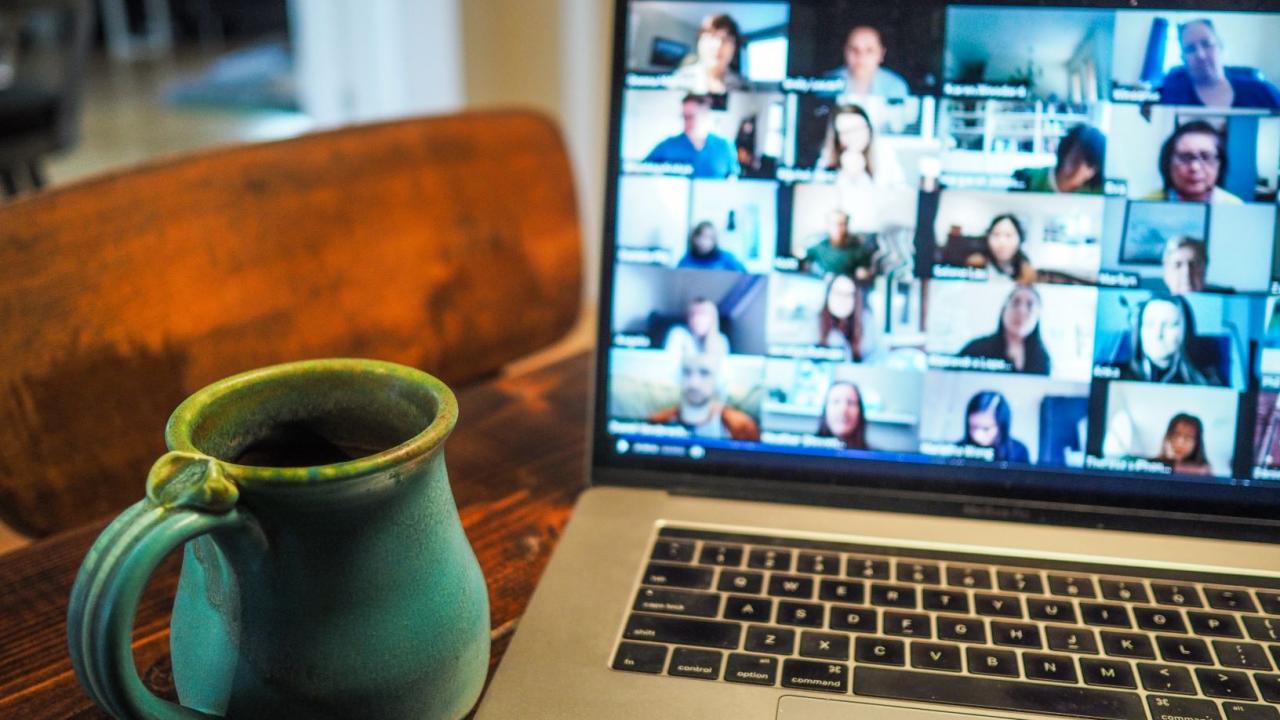
4 Ways to Get Creative with Global Partnerships and Projects in Times of COVID-19
Faculty recipients of Global Affairs grants share about creative ways they are carrying out global partnership and grant-related activities when it isn’t possible to meet in person.
What should I do about samples coming from another country and the permits that would be associated with them?
The movement of goods continues to be impacted by COVID-19. Especially for samples that need special care or rapid transit, it may be worth waiting or exploring alternative ways to handle the processing. As with equipment, make sure you go back to your original paperwork to identify which unit was helping you with the samples (material transfer), and contact them for assistance. Contracting units that you may have utilized for permissions for material transfer are listed here with a brief description of what each unit does. If you have further questions, please reach out to Elizabeth Langridge-Noti, director of faculty engagements in Global Affairs, at elangridge@ucdavis.edu, to see if we can help facilitate further connections.
Are there specific research guidelines that need to be considered in ramping up my international project?
The Office of Research has published guidelines related to campus directives related to research; planning/actions for PIs and researchers; operations supporting research; guidance from agencies and institutions; and new research and technology development targeting COVID-19. For planning and ramping up your UC Davis research projects during COVID-19 visit: Guidelines for Ramping Up On-Campus Research and Research Continuity and Planning for COVID-19.
Who should I contact in the Office of Research if I have additional questions?
You should contact either Whitney Cheung, Executive Analyst for Associate Vice Chancellor Paul Dodd, at wkcheung@ucdavis.edu, or Ana Lucia Cordova, Strategic Initiatives Manager, at anacordova@ucdavis.edu.
Read more guidance for academics and staff on UC Davis Campus Ready
For International Students and Scholars
Will I be able to secure a visa and travel to the U.S. to attend classes?
Services for International Students and Scholars (SISS) within Global Affairs works with international students and scholars to provide necessary documents for international travel.
SISS is also available for UC Davis international students and scholars with questions or concerns about traveling to and from UC Davis, visas, immigration status, and specific programs such as the Planned Educational Leave Program (PELP).
All SISS offers hybrid advising and is taking appointments for both virtual and in-person advising meetings. Please reach out to your advisor directly to schedule an appointment or ask a question. You will find email addresses for all advisors in our SISS Staff Directory or students can email siss@ucdavis.edu and scholars can email sissscholar@ucdavis.edu.
For questions about graduate education, please email gradservices@ucdavis.edu.
Read more information for students on UC Davis Campus Ready
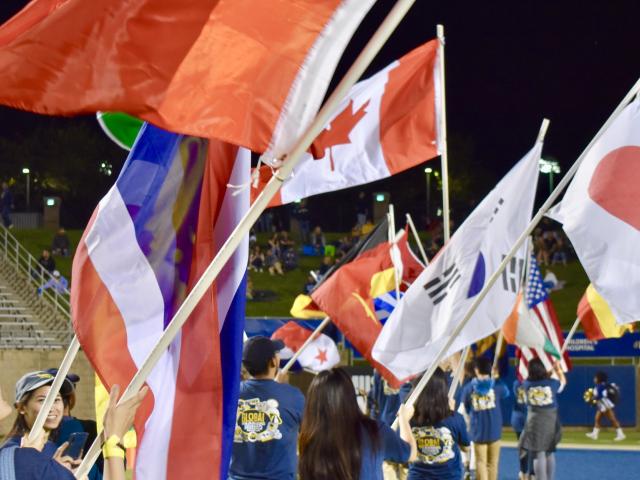
Finding Your Global Community
Whether you are a continuing or incoming international student, a current scholar or new to UC Davis, we are here to support you and help you find your Global Aggies community so you feel as at home as possible—even if from afar to start.
For Study Abroad and Global Learning Students and Faculty
Will Study Abroad or other global learning programs be offered in 2022?
Yes, UC Davis is planning to run programs in 2022, including Quarter Abroad Spring, Summer Abroad, Summer Abroad Internships, Virtual Summer Internships and Quarter Abroad Fall. Information on 2022 programs is available on the Global Learning Hub website.
UC Davis will continue to monitor circumstances related to COVID-19 that could impact 2022 programs and make decisions based on travel directives and guidance from UC Davis Travel Security, the University of California system, the Centers for Disease Control and Prevention (CDC), the U.S. State Department, the World Health Organization (WHO), and assessments from campus leadership, workgroups, and subject matter experts.
More FAQs, information and resources for students
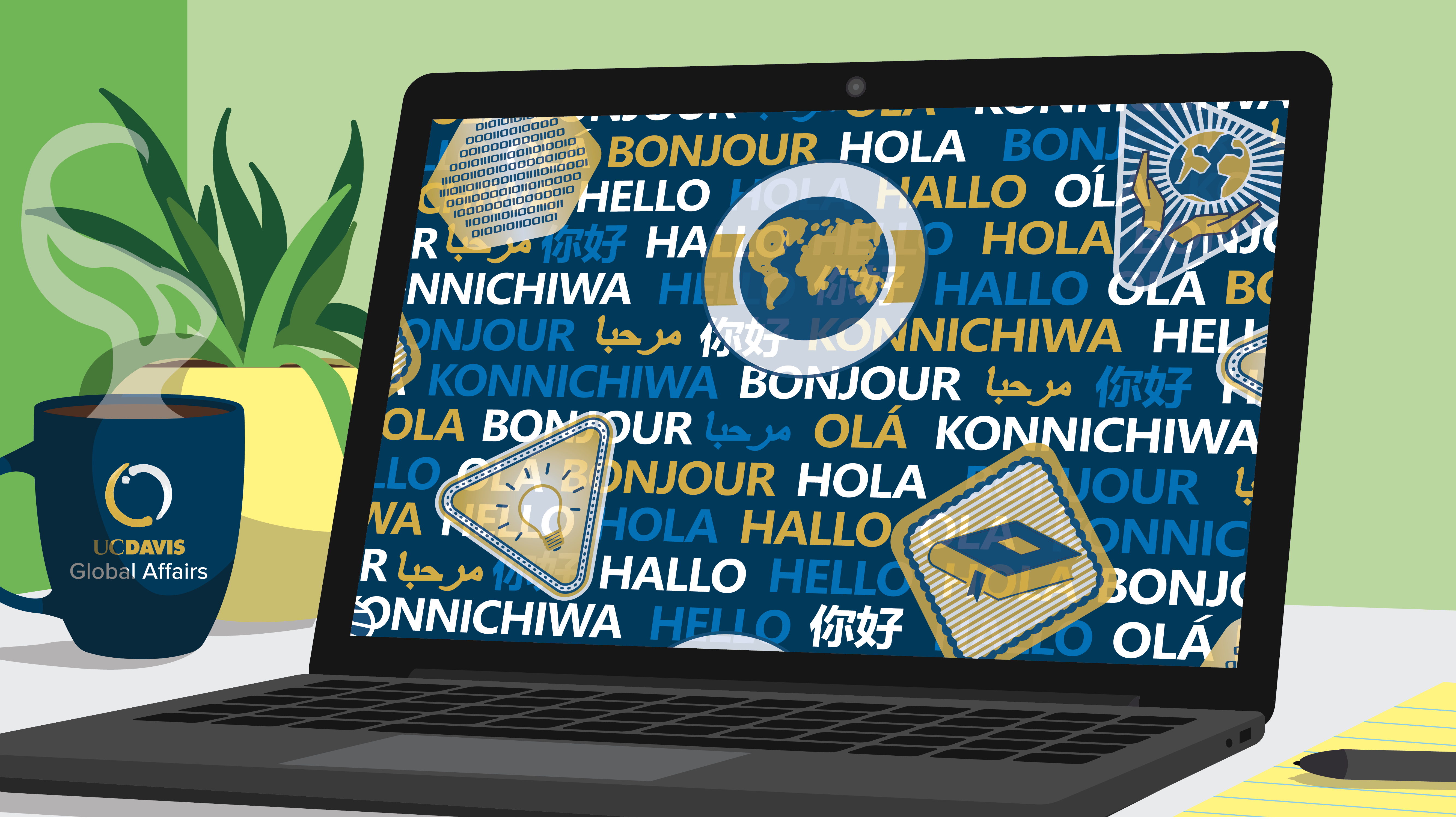
Virtual Global Learning Opportunities
Discover virtual global internships, community-engaged learning, research and more through the Global Learning Hub's global learning search tool.
The Global Learning Hub provides hybrid advising for students, both in-person and remotely. Please email globallearning@ucdavis.edu with any questions or to set up an advising appointment.
The University of California Education Abroad Program (UCEAP) is posting updates to UCEAP programs on its website.
Ongoing travel updates related to coronavirus
More Information
What happens to international delegation visits to UC Davis?
UC Davis has welcomed international delegations to campus since the beginning of Fall Quarter 2021. Visitors must follow all current campus, local, state, and national public health guidelines at the time of their visit. Virtual delegation meetings continue to be welcome. If your delegation would like to schedule future virtual or in-person meetings, kindly fill out our Visitor Request Form. Please contact Associate Vice Provost for Academic Programs and Partnerships in Global Affairs Michael Lazzara with any questions (mjlazzara@ucdavis.edu).
Is the UC Davis International Center Open?
The UC Davis International Center is open. Global Affairs teams work in a hybrid format, offering limited in-person advising. Other services are available in a virtual or hybrid format. Please visit The Global Learning Hub and Services for International Student and Scholars for more information about in-person and remote services. Email globalaffairs@ucdavis.edu with general questions, siss@ucdavis.edu with questions specific to international students and scholars, and globallearning@ucdavis.edu with questions specific to global learning programs.
What other steps is UC Davis taking?
For more information related to campus updates and health and preventative tips, please see the following UC Davis resources.
UC Davis Updates
UC Davis
Global Affairs
- Travel Announcement: Novel Coronavirus (COVID-19)
- Study Abroad Program Information and Resources Related to Coronavirus
- Coronavirus Information and Resources for UC Davis International Students and Scholars
Finance, Operations and Administration
Graduate Studies
Library
Office of Research